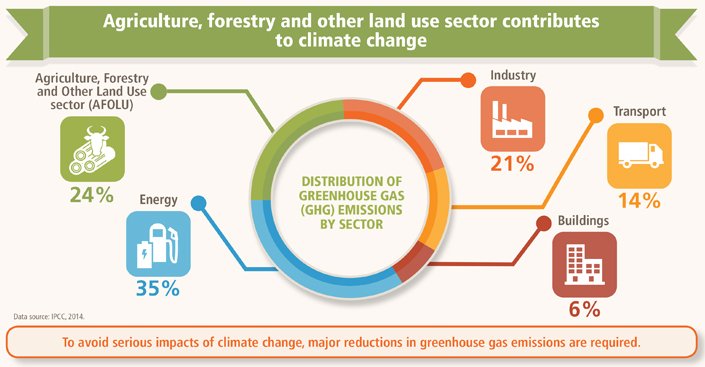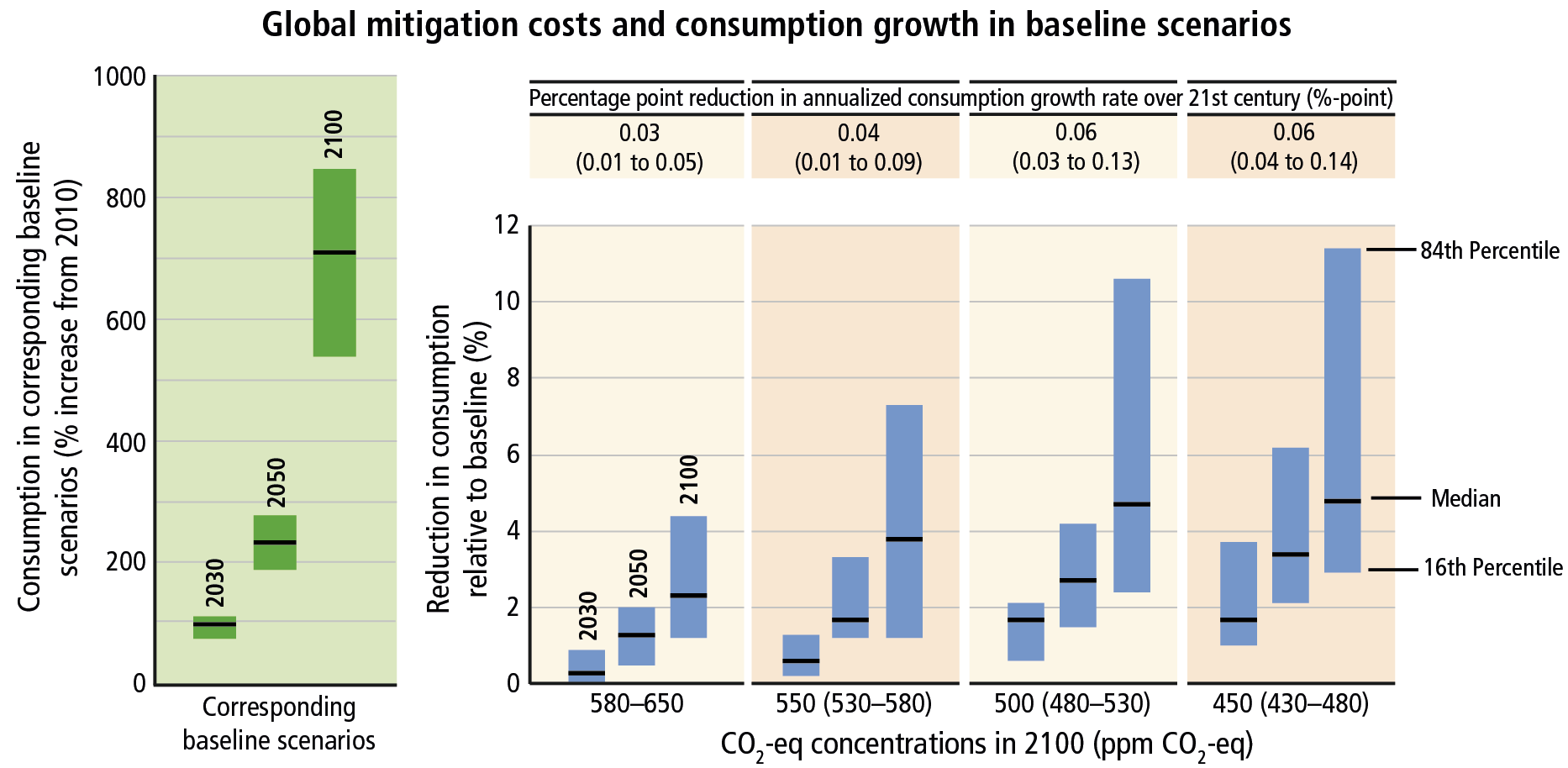Strengthening our motivation: Climate change
Vegan Society of Canada News
July 7th 2018
In our series aimed at strengthening our motivation let’s have a look at the impact of animal agriculture on climate change. Unfortunately, it is difficult to know exactly what the impact is due to important conflict of interest of various research and the lack of research in general. Trying to put aside our own bias we will try to provide a factual look of our current situation. Nevertheless, we can safely say the impact is somewhere between 14%-51% of total emissions. Let’s dig a little deeper.

The lowest bound of 14.5% is provided by the FAO 2013 revised report and the upper bound of 51% is provided by the research of Goodland and Anhang
Since then some groundbreaking new research funded by NASA on methane emission of livestock was made public. Here are some of the key points
- 11% higher methane emission from livestock then IPCC 2006 figures
- 50-75% of increased methane emission from 2003-2010 would be due to livestock
However there are still some unaddressed issues
- Revised number still do not addressed many issues raised by the author of the 51% paper, like the global warming potential of methane of 86 over 20 years should be used instead of 34 of 100 years.
- Revised number only include revised factors for emissions method accepted at the time of the IPCC 2006, so more nuance questions like CO2 of breathing animals should not be ignored on the basis that it is offset by carbon photosynthesized of their food have not been analyzed.
- Revised number have not extended to new poultry management, but the studies point out that the numbers are also likely to be larger. As farm consolidation and factory farming increase they tend to pollute more.
- Revised total methane emission as a share of global methane are down from an estimated 37% in livestock long shadows to 20%
As far as we know nobody yet went back to plugs those new numbers in old estimate of climate change impact for livestock but it is clear that the latest FAO 2013 revision of 14.5% is wrong. If our calculation are correct using their conservative estimates yield a new number with the confidence interval of 15.32% +- 1.26% that is still using the global warming potential factor of 100 years at 34 and not 20 years at 86. Using the FAO 2006 instead yield number of 18.75% +- 1.55%. Since poultry was not included and none of the issues raised in the 51% numbers seems to have been discussed we think these are still conservative estimates. We hope these new numbers will help strengthen the case that animal agriculture is a non negligible contributor to climate change.
Now that we have a better idea of how important animal agriculture is to climate change let’s have a look at how we are doing at addressing this: Some of the latest research says we have less then a 5% chance of of meeting the Paris climate agreement. Of all the source of emissions like energy, transport, building, and industry it seems by far the easiest one to mitigate is animal agriculture. Animal agriculture is something we can change right away without the help of industry, or government it simply requires us to adopt a 100% plant based diet. For people to believe it is possible to meaningfully address climate change without changing animal agriculture is a delusion.
Furthermore, even looking at a reduction in consumption, which is usually not viewed in a favorable light, it would take a significant reduction just to achieve a scenario that is likely to have us respect the Paris agreement limit of 2 degrees Celsius.

This does not even take into account the more lofty goal of 1.5°C, or possible increased cost due to limited availability of technology, or a 95th percentile confidence interval. All of this makes animal agriculture even more crucial in preventing climate change.
Do not delay any longer, go vegan today. Join one of our local community in your area or contact us for help on how to get started.




